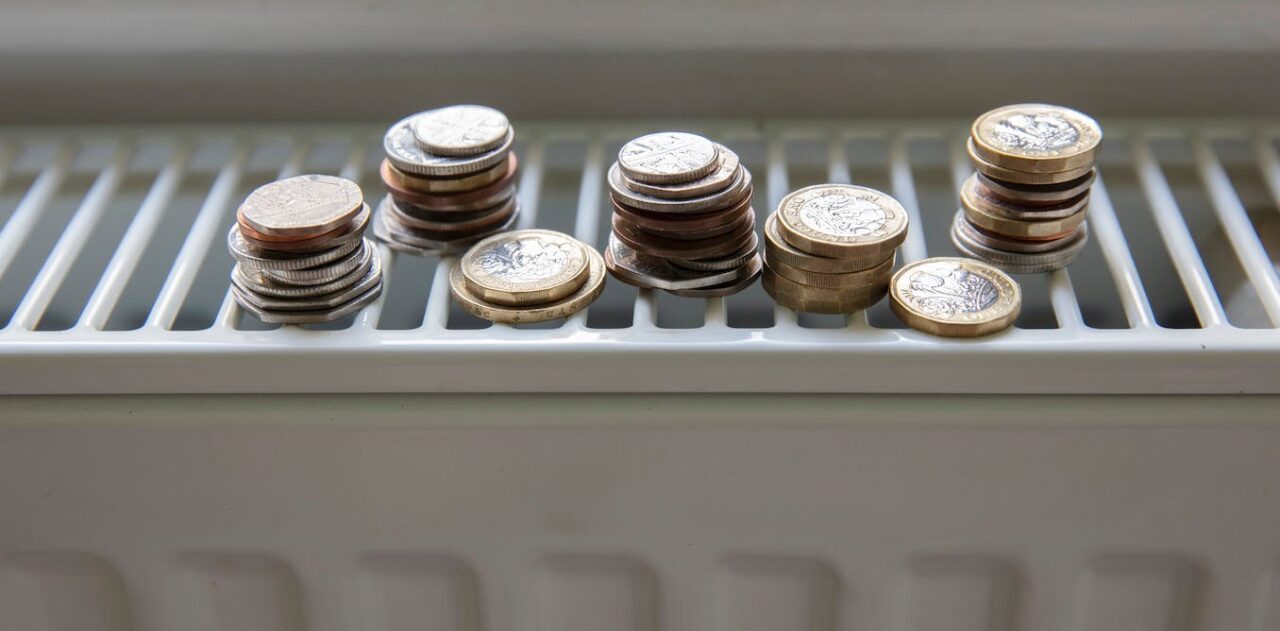Four things that cost more if you’re already poor – and some simple ways to help fix this

As the UK faces the sharpest increase in the cost of living in a generation, households across the country are feeling the pinch. Those already on low incomes are affected most, not just because they have less money to begin with, but also because they actually pay more to access essential goods and services than anyone else.
Known as the “poverty premium”, it is essentially an extra cost of being poor. Much of this premium is driven by systems which effectively penalise low-income households for not being able to afford more economical ways of paying for everyday necessities.
I recently led a University of Bristol investigation, funded by the charity Fair by Design, which revealed that where people live has a significant effect on the extent of the premiums they incur. In the poorest areas of the UK, families pay up to £541 a year more than affluent families to access the same basic essentials.
Here are four things that can cost more if you’re already poor:
1. Spreading costs
Some household costs come with a choice of paying the full amount up front, or spreading the total over the course of a year. This can apply to anything from insurance to a mobile phone or a fridge. But the “choice” usually involves paying extra if you don’t pay in full. Faced with an unaffordable upfront payment, households without the means will naturally end up paying extra if they need to spread the cost.
Other bills are cheaper if you pay by direct debit. But if a household’s income fluctuates due to insecure work, then paying when you get the bill is the financially responsible, but more expensive, method.
In other words, poorer customers are given the illusion of consumer choice, when really there is only one option available.
2. Prepayment meters
Using pre-payment meters for gas and electricity, which have to be constantly topped up, typically costs households using them £131 a year more than paying by direct debit. This is because the standing charge is higher for pre-payment meters than other meters, although it is hard to see what the extra cost covers.
For our work we looked at one of the most deprived areas in the UK, where more than 11,000 households rely on electricity pre-payment meters, taking more than £730,000 a year out of the pockets of people in that community.
Certain groups are disproportionately exposed to this aspect of the poverty premium, including people with disabilities and those who are housebound. As energy bills hit record highs it’s the poorest households and most vulnerable who are already facing the worst consequences, with increasing numbers being pulled into fuel poverty.
When energy prices soared in April 2022, there were warnings that record numbers of pre-payment meter customers were “self-disconnecting” by not topping up their meters.
3. Higher insurance premiums
We found that low-income households often pay much more for home or car insurance because of where they live, or rather, where they can afford to live. Insurers factor in a perceived risk to vehicles and property, depending on the neighbourhood.
With motor insurance for example, taking the same profile of person and vehicle, the extra cost for insurance in a deprived area rose sharply from £74 on average in 2016 to £298 in 2019. Households in deprived rural areas where car ownership is a necessity are even more vulnerable to this premium than areas of higher deprivation in cities.
While our work suggests that the poverty premium for home insurance is less, unlike car insurance it is not a legal requirement. The UK’s financial regulator has warned that the cost of living crisis could force people to cancel or cut back on insurance costs, with potentially ruinous consequences – and if the worst happened low-income households would be unlikely to have the means to replace essential items.
4. Financial services
The poverty premium can even be seen in the very act of accessing money, through paying to withdraw cash from fee-charging cash machines or through higher-interest loans and credit cards. It is estimated that around 1,700 cash machines in the UK switched from being free to charging a fee at the start of 2019. These changes were more common in deprived areas.
Get your money for nothing?
Pabkov
Since 2014, major regulation has dramatically changed the consumer credit landscape in the UK, with the number of high-cost, short-term lenders falling by almost one-third between 2016 and 2020. This has led to a recent surge in pawnbroking, where people use use items they own (such as jewellery) as collateral for short-term loans. With consumer borrowing rising sharply, there is a clear a need for access to affordable credit by low-income households to manage low or unstable incomes.
These four aspects of the poverty premium can be hugely damaging to already precarious household incomes. But they are entirely fixable.
The UK charity Fair By Design, for example, which campaigns to end the poverty premium, suggests various measures. These could include the UK’s financial regulator stepping in to stop the insurers charging extra for “non-standard” billing methods, and introducing a price cap on all forms of credit. It also recommends that the energy regulator should prevent companies charging customers more for not paying by direct debit.
Elsewhere there have been calls for changes to charges for different kinds of payment
With more households choosing between heating, eating or meeting essential costs, the need for action has never been more pressing. As the temporary £20 Universal Credit uplift showed, small sums can make a big difference to people on low incomes. Relatively simple actions by industry, government and regulators could significantly reduce these premiums, and make a huge difference to millions of lives.







